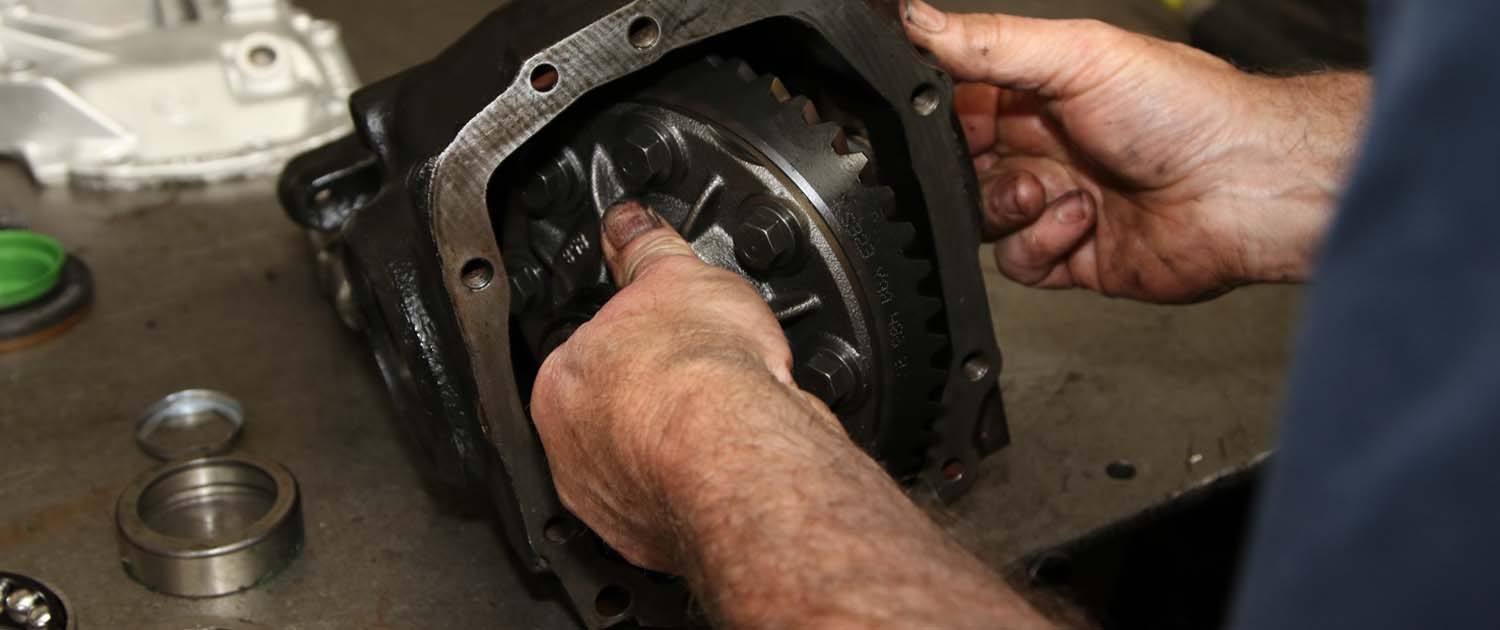This Cookies Policy sets out how GEM Motoring Assist (“We”), use cookies on this website.
About Cookies
A cookie is a small file that is downloaded to a device (e.g. a Computer, Tablet or Smartphone) when a website is visited. The cookie allows the website to recognise a user’s device and store information based on the user’s previous actions and preferences.
For a complete definition of cookies, please visit the Information Commissioner’s Office (ICO) website here.
Essential Cookies
The table below explains the essential cookies We use and why.
| Provider | Cookies | Purpose |
|---|---|---|
| GEM Motoring Assist | ||
| __RequestVerificationToken | This cookie is used to protect against Cross-Site Request Forgery (CSRF) attacks. This is set when you visit the page and is sent back to Our server whenever you submit a form in order to ensure any form submissions originated from Our site. | |
| gemcl | We use security cookies to authenticate users, prevent fraudulent use of login credentials, and protect user data from unauthorised parties. | |
| gem_aggr | This cookie is used to attribute your purchases with our partners. | |
| gem_discount | This cookie is used to ensure customers receive discounts when purchasing through online advertisements. | |
| _cookieconsent | This cookie indicates preference for the use of non-essential cookies. | |
| Application Insights | ai_user ai_session | These cookies are used to collect information about issues, dependencies and exceptions which may occur when browsing this website. This data is purely for telematics and error detection, triage and diagnoses. For more information click here. |
The table below explains the analytics cookies We use and why.
| Provider | Cookies | Purpose |
|---|---|---|
| Google Analytics | _ga _gid _gat AMP_TOKEN _gac_ <property-id> | Used to distinguish users. Used to distinguish users. Used to throttle request rate. Contains a token that can be used to retrieve a Client ID from AMP Client ID service. Contains campaign related information for the user. For more information on the use of Google Analytics Cookies please click here. |
Information on controlling cookies using specific web browsers can be found on the Information Commissioner’s Office (ICO) website here.
Any changes We may make to Our Cookies Policy in the future will be posted on this page. We advise that you check this page regularly to keep up to date with any necessary changes.


